Brazil's Favela Gamers Dream Big
Coming of age in the Brazilian favela of Vigario Geral, Luiz Augusto Jr used to spend his money playing video games.
Now, he makes a living as a gamer.
Augusto, 23, was working in construction as a stonemason's apprentice three years ago when his life took a turn.
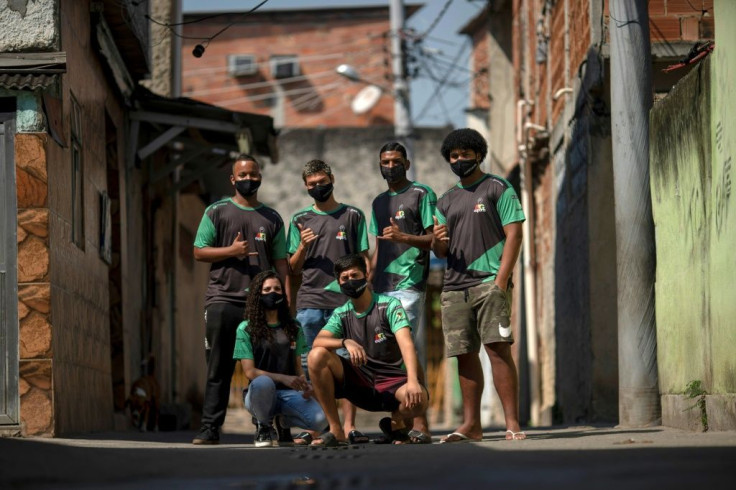
An avid gamer, he got involved with AfroGames, a charitable project to give young people in Rio de Janeiro's impoverished favela neighborhoods access to the multi-billion-dollar gaming industry.
The project gave him training and a grant to launch his own channel online, where he posts gaming content under the moniker of "AFG Sr Madruga" and plays a mean game of "Grand Theft Auto" live for his fans.
"I used to spend a good part of my salary playing at a LAN house (a gaming center or cyber cafe) here in the favela," he said.
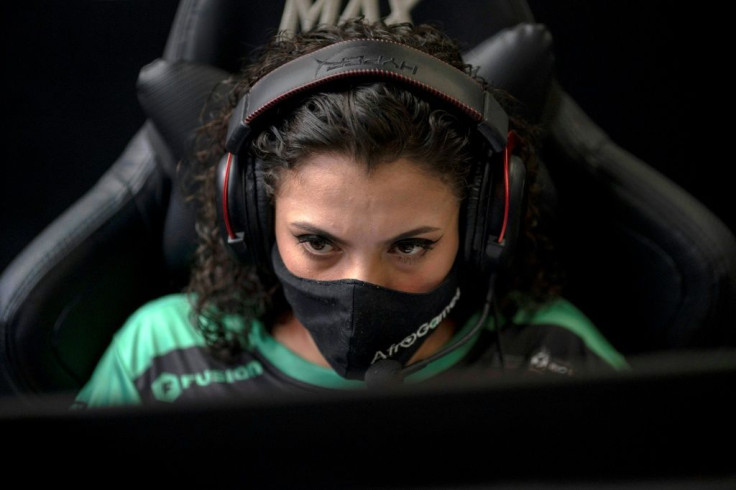
"When I went to AfroGames, my mom and grandmother thought I could never make money playing video games. But they supported me, and here I am," he told AFP.
Augusto is the first live-streaming gamer sponsored by the project, which was launched by AfroReggae, a non-profit organization that runs art and education programs.
Around 100 young gamers now participate in AfroGames, whose activities are sponsored by companies including Brazilian airline GOL and media powerhouse Grupo Globo.
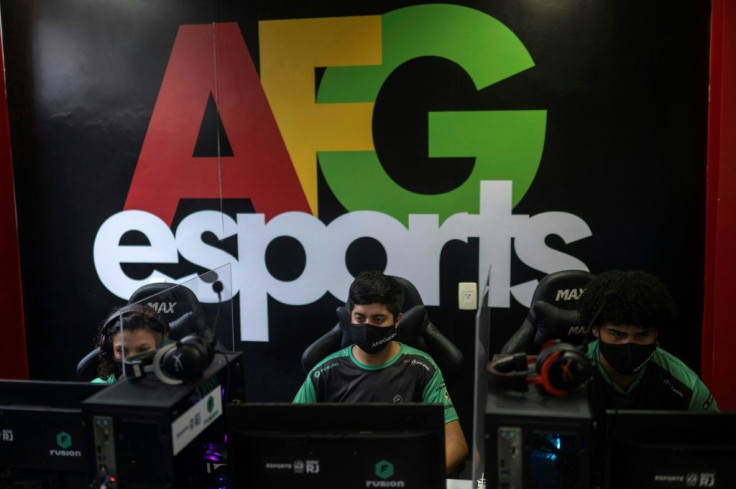
The project offers programming and English classes, and has set up a gaming center in Vigario Geral, with top-of-the-line computers and mentors to help young gamers learn.
It has also launched a professional gaming team -- AFG eSports -- whose six members earn minimum wage, 1,100 reais ($210) a month, and prepare for tournaments with the help of a coach, a psychologist and a fitness trainer.
They made their debut at the "League of Legends" world tournament in 2019. The popular battle game's championships handed out $2.2 million in prizes that year.
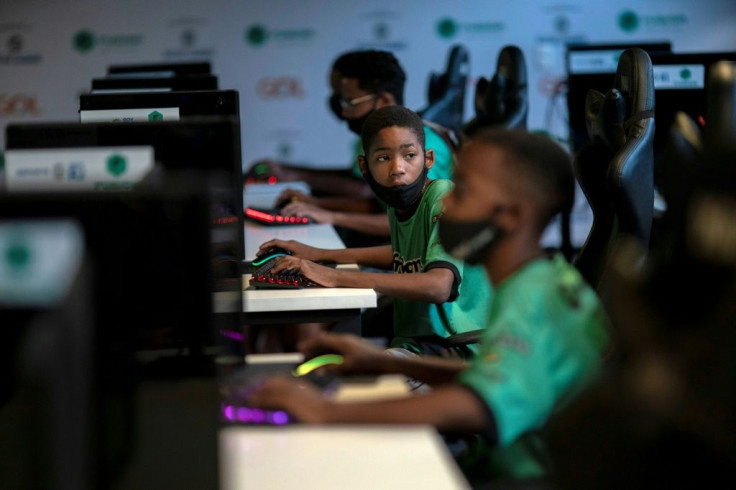
Augusto, meanwhile, receives a monthly grant of 600 reais for his webcasts.
"It's brought me recognition in the favela. And I want to go even farther. I want to be an influencer and a content producer. I'm learning to do that here," he said.
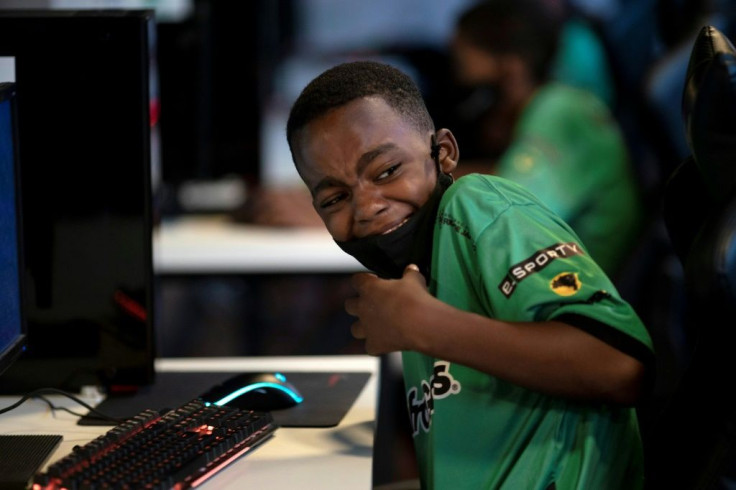
The global gaming industry will generate estimated revenues of $180 billion this year, according to specialist firm Newzoo -- more than double the $74 billion forecast for the music and film industry.
It is not an easy world to access from the favelas of Brazil, where computers and gaming consoles are far too expensive for poor families' budgets.
The idea for AfroGames came from Ricardo Chantilly, a former music executive who is friends with AfroReggae's directors.
"They wanted to do a music project, but I told them eSports was the way to go. We set up a meeting for me to show them my idea," he said.
In his presentation, he included pictures from international and Brazilian gaming tournaments, with packed gymnasiums where not a single black or brown face could be seen.
"We realized we weren't represented in those pictures. So we said, 'Why don't we put a team together from the favela?'" said AfroReggae co-director William Reis.
The project is now planning to expand to another Rio favela, Cantagalo, with an eSports arena to hold what Reis is billing as "the first favela gaming championships."
"When I was a kid, friends would get together and form a rock band," said Chantilly.
"Today, they put together an eSports team. Gaming is the new rock'n'roll."
AFG eSports team members train five days a week, in addition to English classes.
In another trailblazing move for the gaming world, which has faced accusations of sexist abuse of female players, the team includes one young woman: 19-year-old Gabriela Evellyn, known by her gamer name, "AFG Haru."
"When we're playing, being a woman makes no difference," she said.
"But if someone cracks some kind of joke, I just play harder so I can beat them. Then I say, 'See? You just lost to a girl.'"
© Copyright AFP 2024. All rights reserved.





















